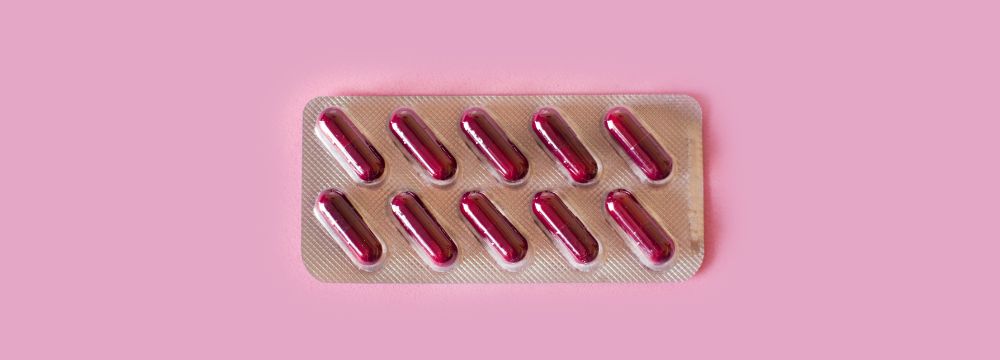Getting started
Comparing LINX to Traditional Fundoplication For GERD

Traditionally, patients suffering from chronic acid reflux or severe gastroesophageal reflux disease (known as GERD) were treated with a minimally invasive surgical procedure known as a fundoplication. Essentially, the fundoplication takes the upper part of the stomach and wraps it around the lower part of the esophagus to increase pressure on the lower esophageal sphincter or LES and reduce or even completely eliminate the incidence of acid reflux. Indeed, the fundoplication comes in three flavors. First is the Nissen or total 360° wrap, the Toupet or 270° wrap and the Dor or 180-200° wrap. The latter two are modified Nissen fundoplications to minimize some of its risks.
While the fundoplication is extremely effective and generally well tolerated by most patients, it does come with several risks and considerations that ultimately led to the development of the LINX reflux management system. Unlike the surgical wrap performed during a fundoplication, the LINX system involves a bracelet-style device with magnetic clasps to wrap around the LES. It is about the diameter of a quarter ( SILVER DOLLAR). The bracelet can expand and contract to allow food and drink to pass through the LES easily.
So which of these two Gerd treatments are best?
Advantages of the fundoplication
The fundoplication is well tolerated by patients and offers exceptional resolution of moderate to severe GERD. Patients are typically very happy and have years of relief from their condition. This method has a long track record of success and is suitable for most patient situations. Lastly, the fundoplication does not require a implanted medical device like the LINX system, which can potentially erode into the esophagus or slip, requiring revision or explantation.
Advantages of the LINX device
The LINX device was specifically designed to address many of the disadvantages of a traditional fundoplication. As an example, when the stomach is wrapped around the esophagus, a great deal of pressure is placed on the LES, which can make it difficult for patients to vomit and belch. This trapped gas is known as gas bloat syndrome. These issues are less of a concern with the LINX system as it expands to accommodate food going down and offer some relief to those needing to belch or vomit.
The LINX also addresses a common concern of the length of recovery after a fundoplication. Fundoplication patients have to modify their diet and change their lifestyle for approximately six weeks after surgery. This is not the case for LINX patients who are able to eat and perform normal activities immediately after surgery.
The LINX also has a potential silver lining, even if it must be removed due to complications. The body will create scar tissue around the LINX device and upon explantation, the scar tissue may even offer some additional pressure on the LES
So Which Is Better?
Before judging which of these two procedures is most effective for the resolution of GERD, we must also throw the gastric bypass into the mix. The gastric bypass is extremely effective in reducing or eliminating the incidence of GERD. In fact, when gastric sleeve patients experience significant Gerd, they are sometimes converted to a bypass. A bypass will not be appropriate for all patients, but if you also suffer from obesity, this may be an option to consider.
Of course, as with any surgical procedure, the suitability of a patient will be determined during consultation and subsequent medical evaluation. In both cases (fundoplication and Linx), patients will likely experience significant relief from their chronic acid reflux. Similarly, overall risk is very low. Please call our office to schedule a consultation with one of our LINX surgeons to give you a complete rundown of the pros and cons of each procedure.
Related Topics:
Related Articles
See more Articles



